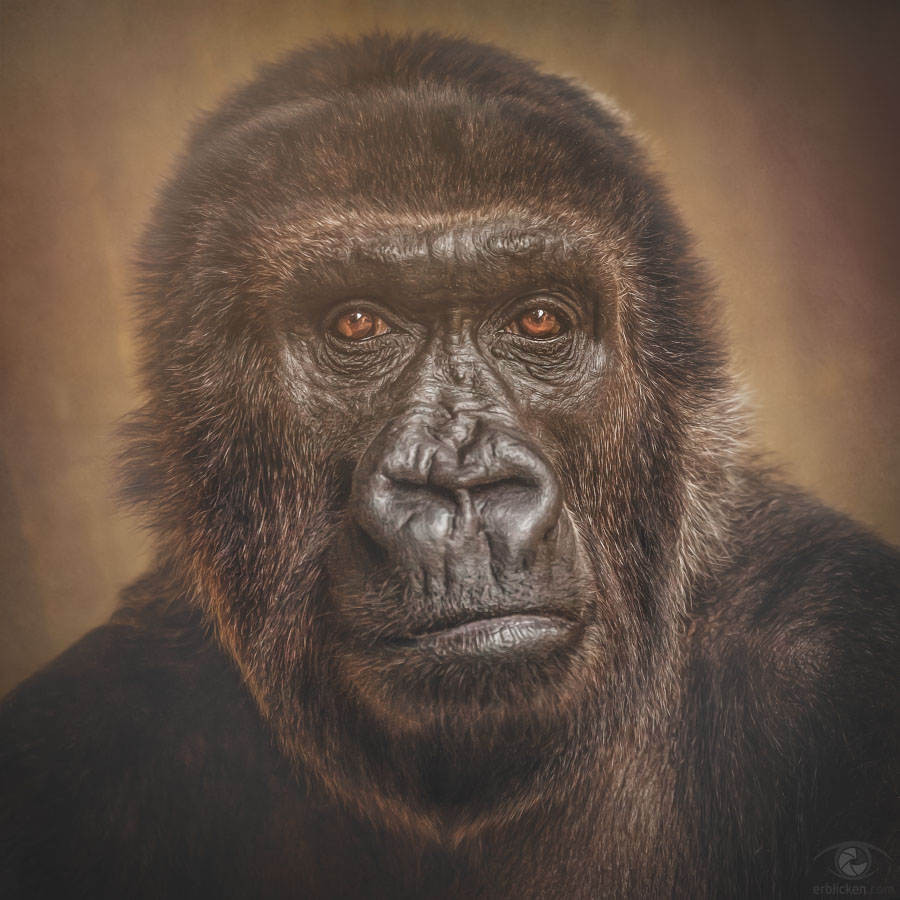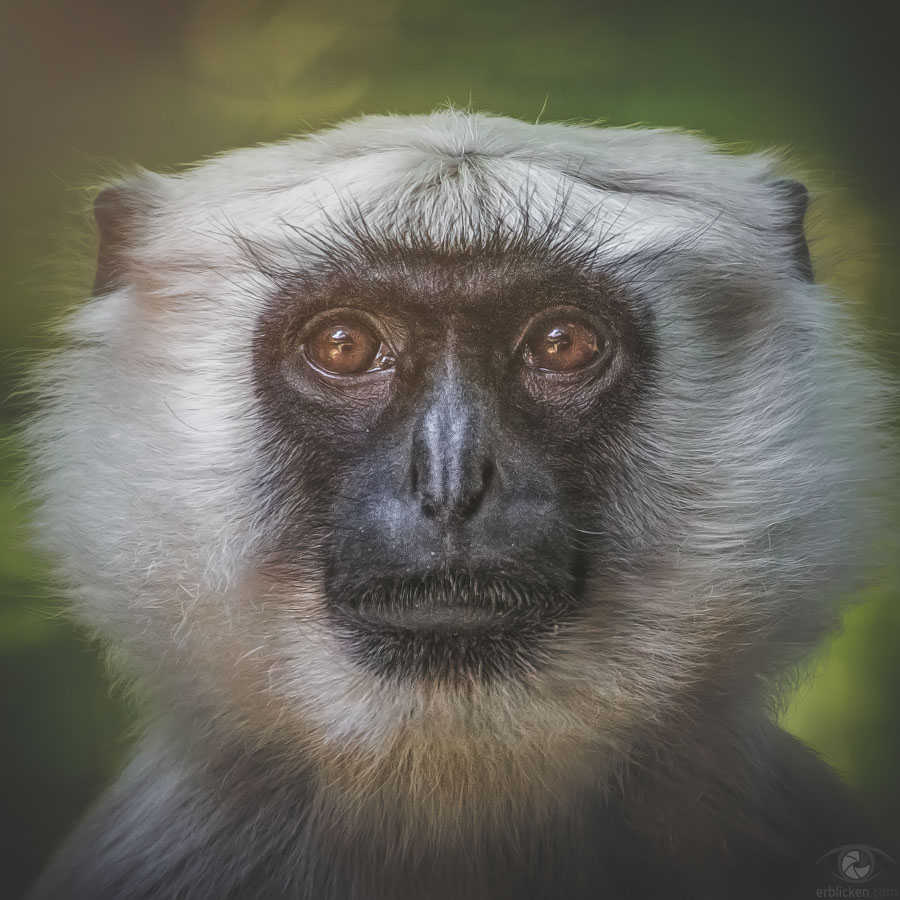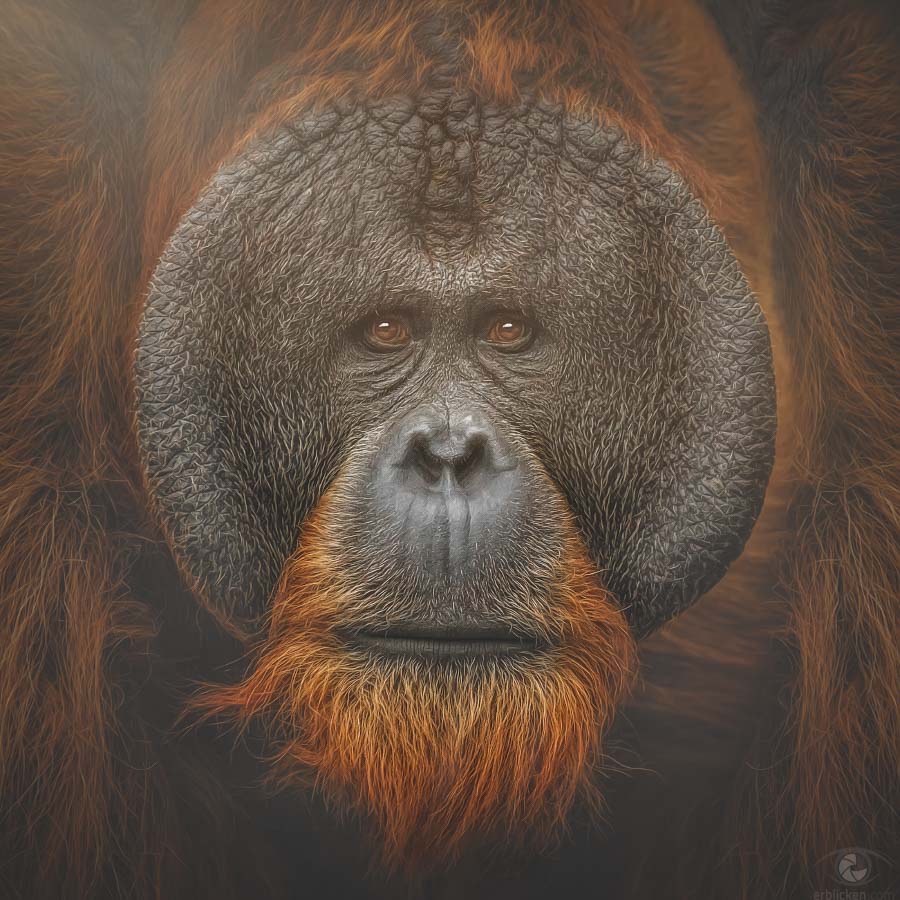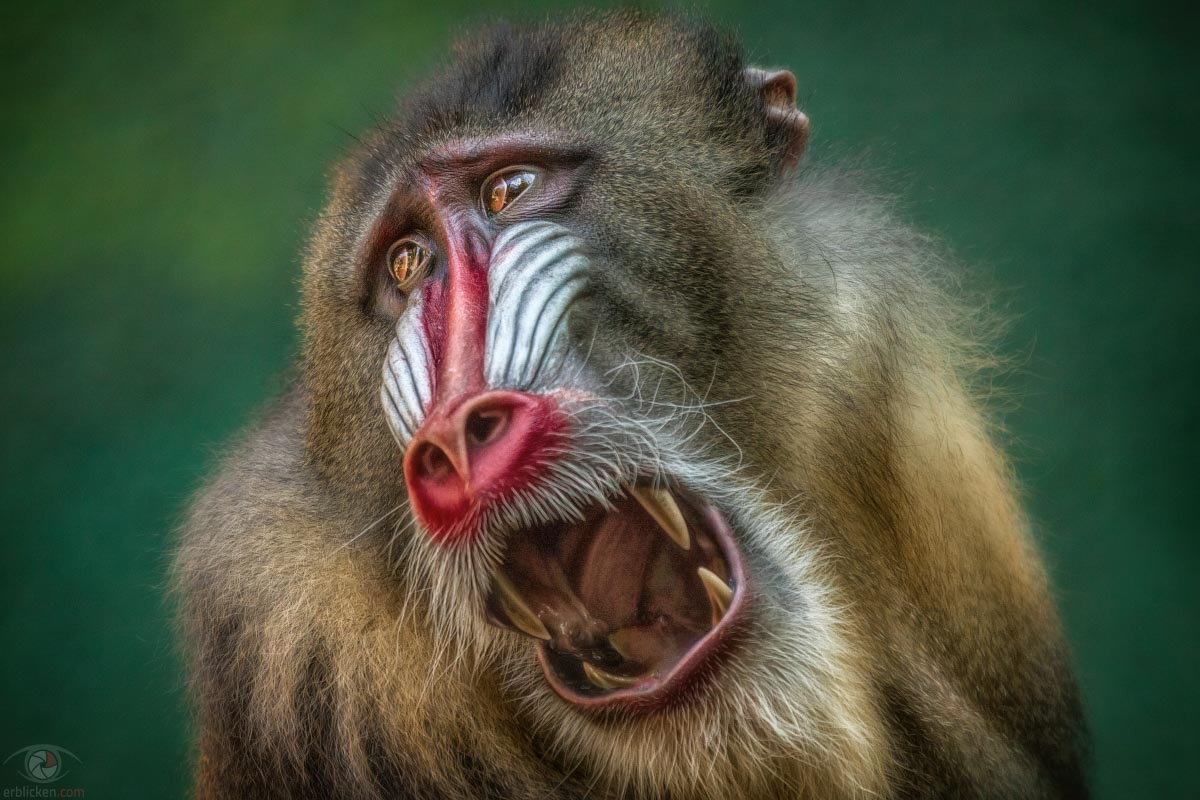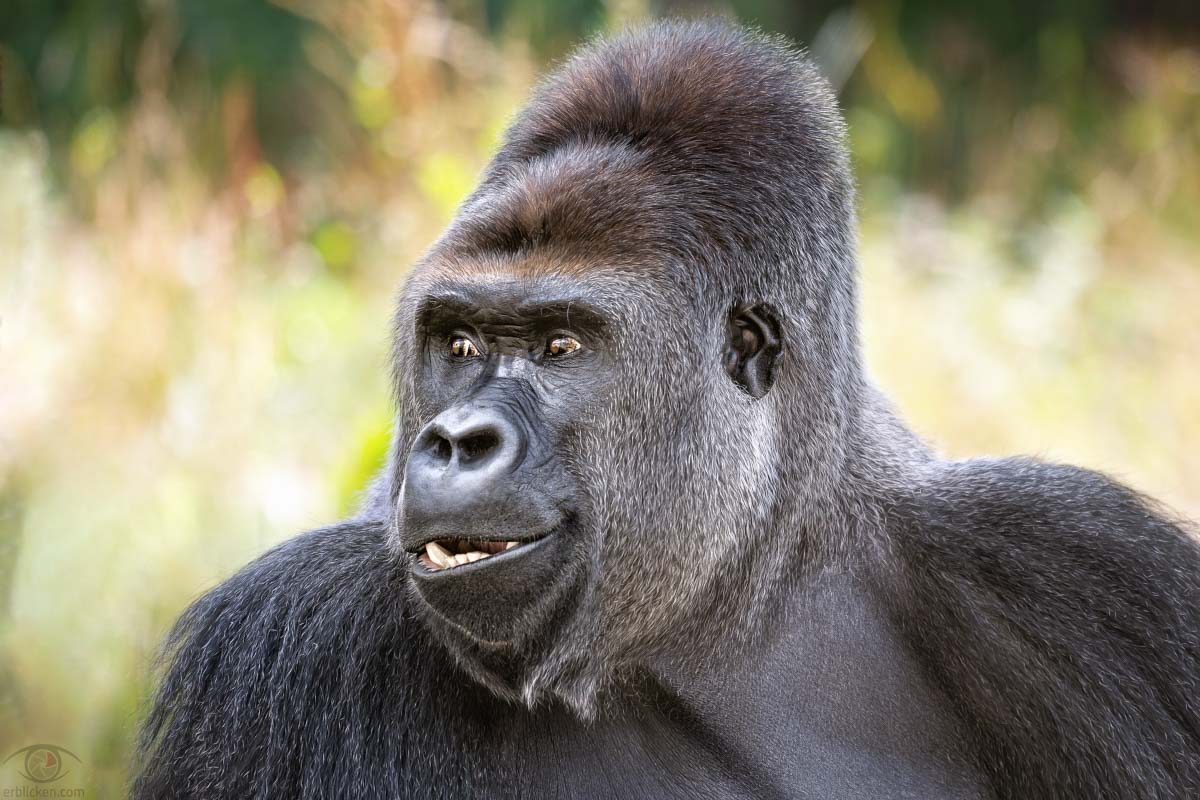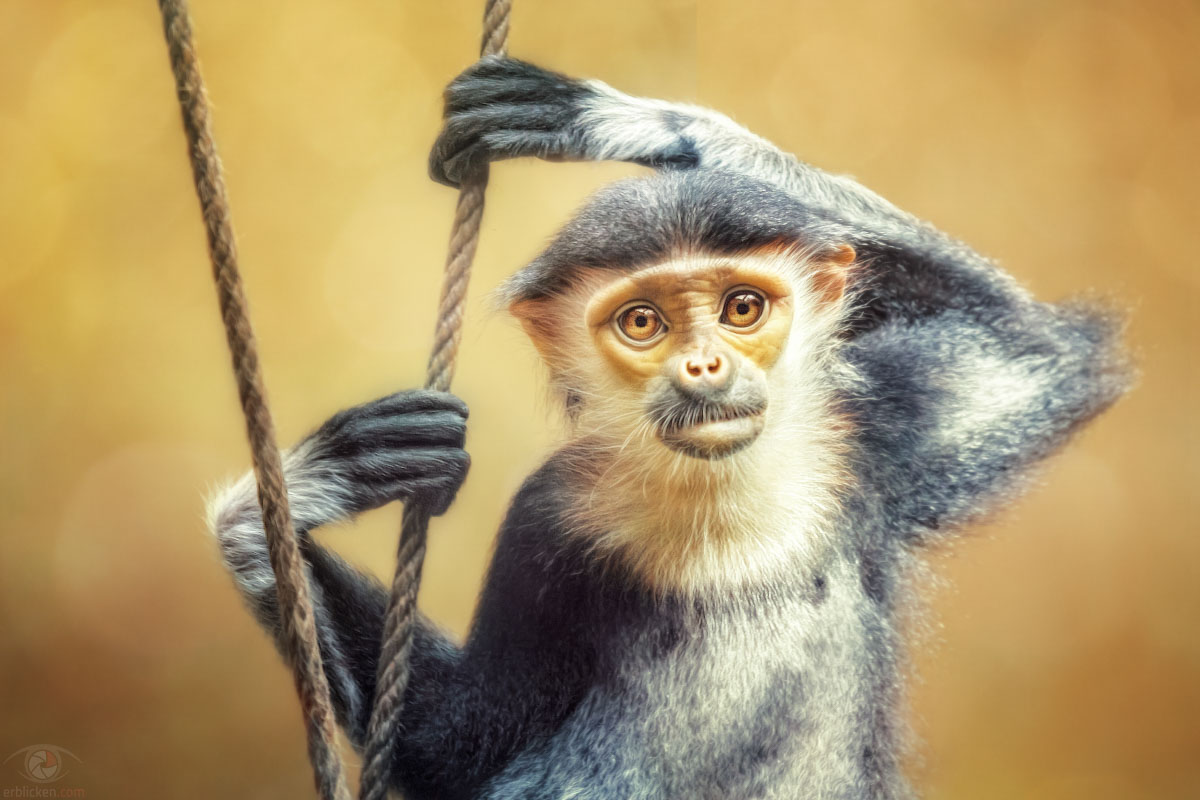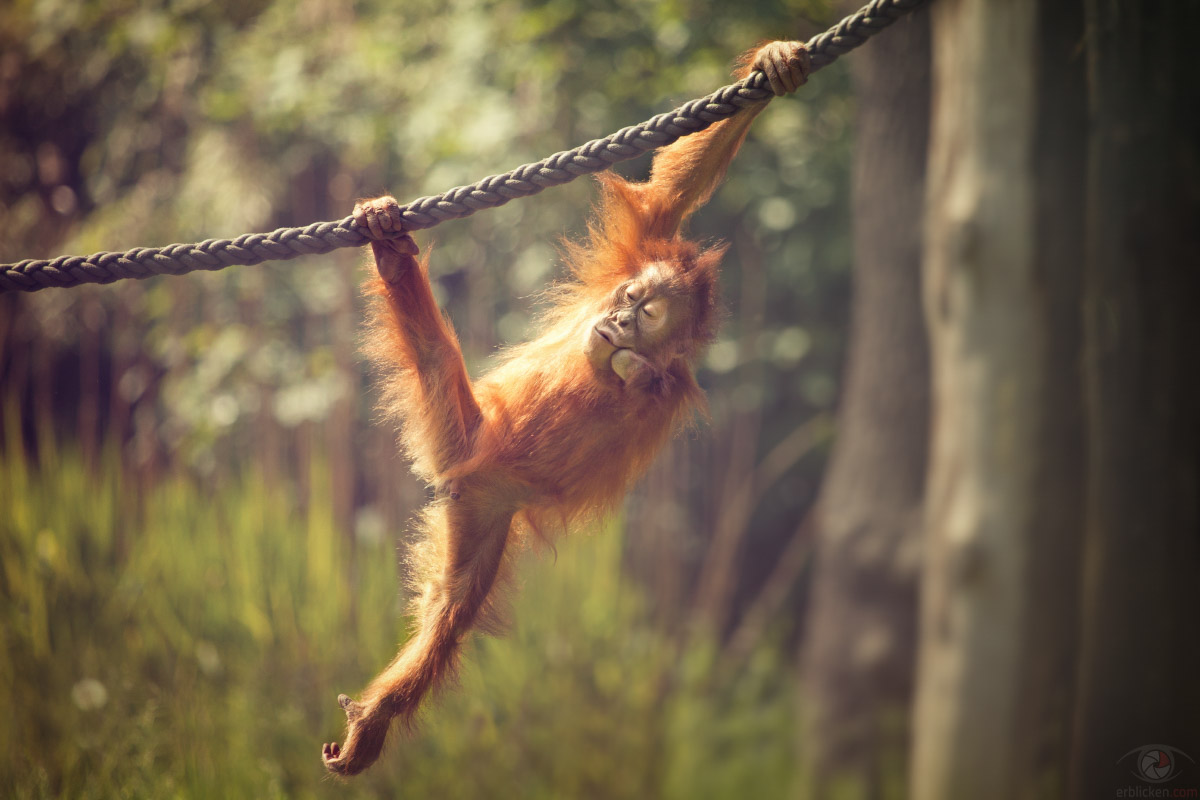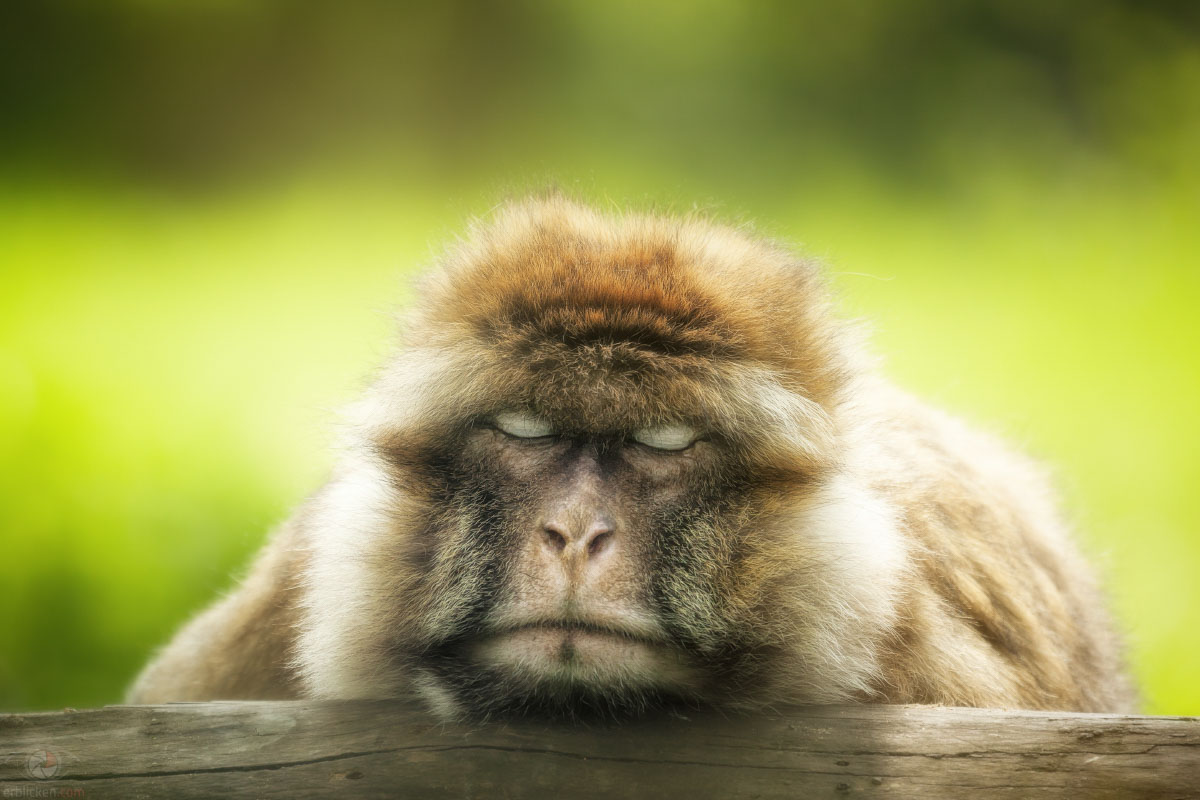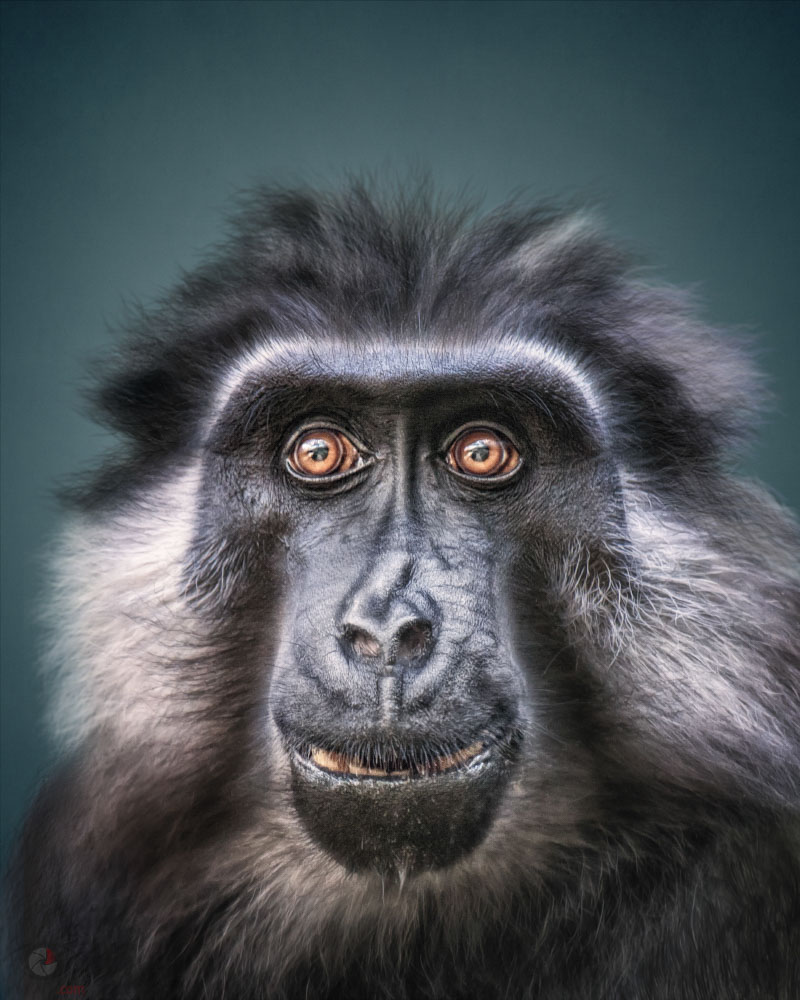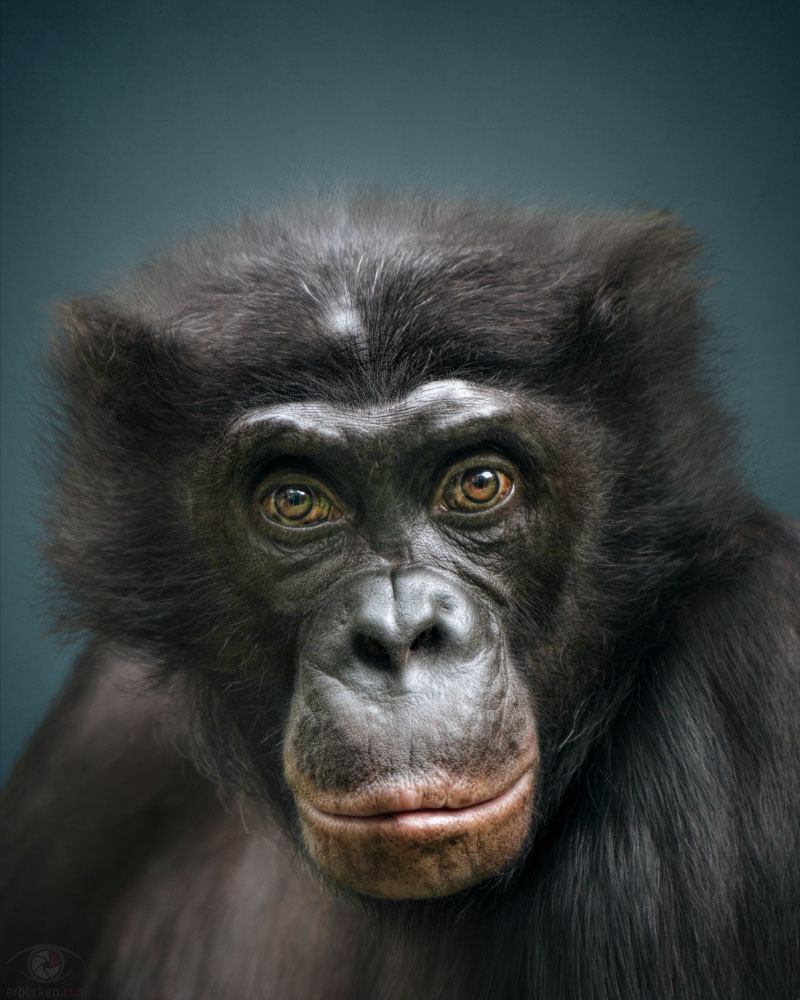Altweltaffe
Did you know, the average person looks 777.7% more attractive when they smile? Not to mention healthier, wiser, slimmer, richer, and cooler. They do. And smiles "become things" too :o)!
Continue Reading »
Continue Reading »
This small, charming fellow Hi Vong (his name stands for the Vietnamese word "hope") - was born 5 March 2007 in Cologne Zoo. The red-shanked douc got this penetratingly wise stare. I’m convinced they are wise-futuristic-space-aliens - not really; well; maybe ;o)?
The doucs consist of three species of the genus Pygathrix. They are Southeast Asian Old World monkeys and all of them look incredible. The three douc species are as follows: red-shanked, black-shanked and gray-shanked, they are all magnificent.
The douc langurs are be sensitive souls, one douc who lost his partner was recorded...
Continue Reading »
Continue Reading »
Orangutan-Baby Yenko was born in Hannover Zoo, 9 june 2013. His mother Miri died during surgery in april 2014. Toba, an adoption mother was found at Dortmund Zoo. Toba lost her baby in that time, so when Yenko and Toba met at first time, Toba adopted him at that moment. Now they are mother and child :o).
Although Toba and Yenko were in a separate enclosure, the male orangutan Walter seized Yenko and pulled his arm trough the netting and bit his arm of. It looks horrible, but already, he learnt to live only with one arm. Yenko is even so cheerful and happy. He is climbing and playing with the other...
Continue Reading »
Continue Reading »
The Moor Macaque (Macaca maura) is sometimes called dog-ape because of its dog-like muzzles, although they are no more closely related to apes than any other Old World monkey. The Moor Macaque inhabits only Sulawesi.
Currently, the IUCN has categorized Macaca mauras as endangered. The Moor Macaque is endangered mostly due to habitat loss from an expanding human population and deforestation to increase agricultural land area. It is estimated that only 1000 Moor Macaques are left in Sulawesi.
Jaya = Name invented :o)
Continue Reading »
Continue Reading »
The wonderful bonobos: Sharing 98.5% of the same DNA as humans, it is not surprising that bonobos possess very human-like qualities. They embody a profound intelligence and a deep emotional capacity. In fact, in captivity, bonobos have picked up on many facets of human culture, sometimes simply through observation of the researchers around them. They have learned how to communicate in human languages, use tools and play music.
Currently, the IUCN has categorized bonobos as endangered. Civil war in the Congo has hugely impacted bonobo society, fragmenting their population to isolated pockets...
Continue Reading »
Continue Reading »
2007-2024 © COPYRIGHT ERBLICKEN.COM · MANUELA & STEFAN KULPA - DORMAGEN · ALL RIGHTS RESERVED!

 Posted on Januar 3, 2016
Posted on Januar 3, 2016
 by Manuela Kulpa
by Manuela Kulpa  0
0 